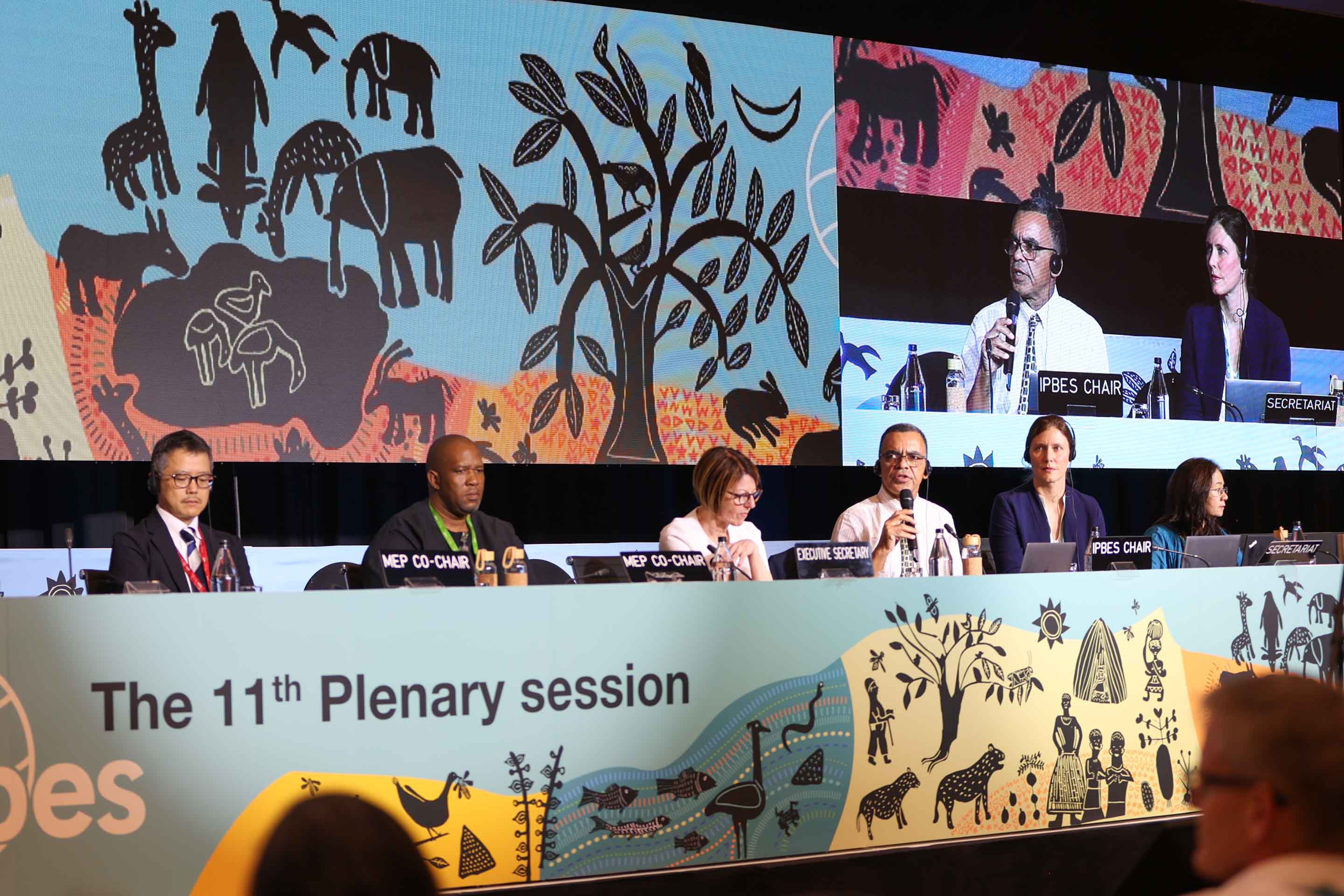Expert Reaction
These comments have been collated by the Science Media Centre to provide a variety of expert perspectives on this issue. Feel free to use these quotes in your stories. Views expressed are the personal opinions of the experts named. They do not represent the views of the SMC or any other organisation unless specifically stated.
Peter Bridgewater is an Honorary Professor in the Centre for Heritage and Museum Studies at The Australian National University
"On Monday the eleventh Intergovernmental Science-Policy Platform on Biodiversity and Ecosystem Services (IPBES) Plenary released a game-changing report on a global approach to halt negative biodiversity change. The report concerns implementing transformative change, which is described as urgent, necessary and challenging – but possible.
To promote transformative change for a just and sustainable world we must shift views, structures and practices in ways that address the underlying causes of negative biodiversity change.
Four key principles are responsive to and address the underlying causes of negative biodiversity change. These principles are: equity and justice; pluralism and inclusion; respectful and reciprocal people-nature relationships; and adaptive learning and action. Importantly, implementing these principles benefit from weaving together insights from a range of knowledge systems, including Indigenous and Local knowledge.
A key strategy for transformative change for global sustainability is to conserve, restore and renovate places of value to nature and people that exemplify biocultural diversity. Biocultural diversity is exemplified through the ways First Nations in Australia have thrived in Australia for millennia, with places like Kakadu and Uluru being prime examples. Implementation of the report’s ideas are possible through spatial planning and policies as pathways to establish effective biodiversity conservation across landscapes and seascapes."
Professor Saul Cunningham is Director of the Fenner School of Environment and Society at the Australian National University and one of the report's authors.
Humans depend on healthy nature, but nature is in decline globally and efforts to reverse the trend have failed.
The “Transformative Change Report” highlights that this failure is because we have ignored the underlying drivers of decline and instead address only the symptoms.
This report examines examples from around the world where communities have acted to change economic practices and social perspectives in an effort to reconnect and rebalance people and nature. This has required prioritizing long term community benefits over short term material gain.
The success of these examples now needs to be scaled up and applied globally in the interests of human quality of life.
The “Transformative Change Report” is important because it presents solutions to some of the planet’s biggest problems and challenges governments, businesses and civil society to embrace them.



 Australia; New Zealand; International
Australia; New Zealand; International


